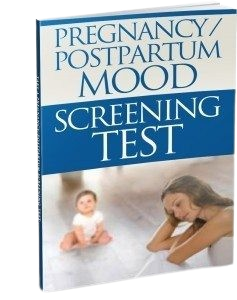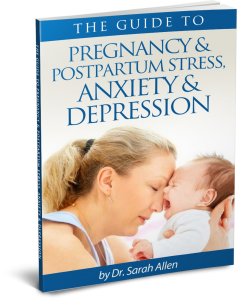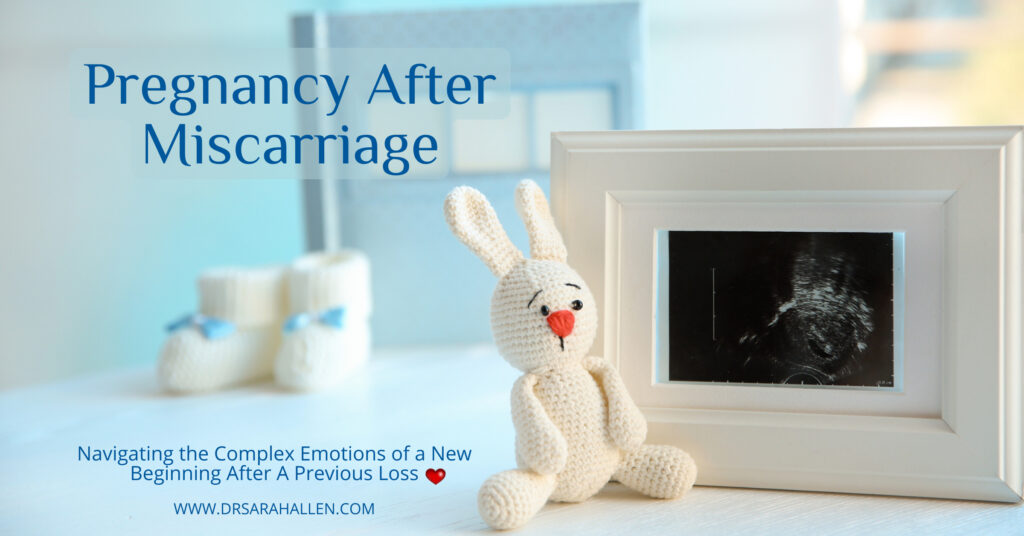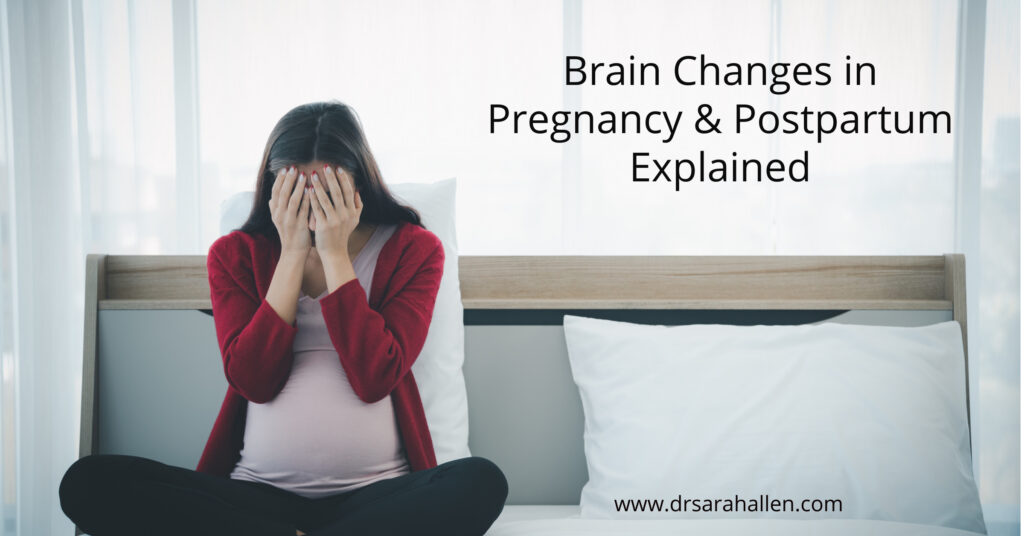
Women who have experienced a miscarriage often feel a complex mix of emotions such as sadness, anger, and guilt. When you hear that a close friend or family member has experienced a miscarriage you may want to offer comfort and support. Miscarriages are deeply personal and emotional experiences and I think it is important to be mindful of your words to avoid adding to their grief and sadness. Comments that seem harmless, or even helpful, might actually be hurtful. Saying the wrong thing, even with good intentions, can make the person feel misunderstood or unsupported. It’s crucial to approach these conversations with compassion and sensitivity.
I have worked with many parents who have experienced a loss and in this article, I offer suggestions on what not to say to someone who has experienced a miscarriage and provide suggestions for supportive things to say instead. By choosing your words carefully, you can help them feel respected and cared for during this difficult time. Your loving support can make a significant difference in their healing process.
Avoid Insensitive Comments That Minimize the Loss
When talking to someone who has had a miscarriage, it’s vital to avoid comments that minimize their grief. Saying things like “At least it happened early” or “You can try again” might seem like ways to comfort, but they often come across as dismissive. These remarks can make the person feel that you don’t think their loss is significant or important.
Other phrases to avoid include “It’s part of God’s plan” or “Everything happens for a reason.” While these statements may intend to provide perspective, they can actually add to the pain by implying that their emotions are not valid or are somehow incorrect. Everyone processes grief differently, and it’s essential to honor that process.
Instead, acknowledge their loss and offer your condolences with simple statements like “I’m so sorry for your loss” or “I can’t imagine how hard this must be for you.” By recognizing their pain, you show that you care, and you respect their feelings. Supportive words can help them feel more understood and less isolated in their grief.
Refrain From Offering Unsolicited Advice or Simple Fixes
Offering unsolicited advice can be hurtful to someone dealing with a miscarriage. Statements like “Just relax and it will happen” or “Maybe you should take better care of yourself” can blame the person for their loss. These comments suggest that they could have prevented the miscarriage, even though it’s usually out of their control.
Avoid saying, “You need to stay positive” or “Just keep trying.” These pieces of advice can seem like simple fixes to a complex and emotional situation. It’s essential to remember that they might already feel overwhelmed, and such advice could add to their stress.
Rather than giving advice, listen and offer your presence. You can say, “I’m here for you” or “Would you like to talk about it?” These statements show that you are there to support them in a way that they find helpful. Your empathy and willingness to listen can provide much-needed comfort during this difficult time.
Be Mindful of Comparing Situations
Comparing someone’s miscarriage to another’s experience can be very hurtful. Saying things like “My friend had it worse” or “At least you weren’t further along” can make the person feel that their grief is less important. Each loss is unique and personal, and comparing situations can invalidate their pain.
Comments such as “Other people have gone through this too” or “It happens to a lot of women” might seem like an attempt to show they’re not alone, but they can come across as dismissing their personal experience. Everyone’s journey with loss is different, and these comparisons can make them feel misunderstood and alone.
Instead, focus on their individual experience. You can say, “I can’t understand exactly how you feel, but I’m here to support you” or “Your feelings are valid and important.” These statements show respect for their unique experience and validate their emotions. Listening without judgment or comparison can provide much-needed comfort.
Supportive and Comforting Things to Say
Knowing what to say can help you provide the right kind of support. Here are some comforting things to say to someone who has had a miscarriage:
- “I’m here for you.”
- “I’m so sorry for your loss.”
- “If you need to talk, I’m willing to listen.”
- “Your feelings are important.”
- “Take all the time you need to grieve.”
- “How can I help you during this time?”
These statements show empathy and respect for their feelings. They offer support without trying to fix the situation or minimize their loss. Letting them know you’re available to listen can be very comforting.
Additionally, practical support, such as offering to run errands, helping with daily tasks, or simply being a quiet presence, can make a big difference. Your words and actions can provide a sense of comfort and companionship during their time of grief.
Conclusion
It can be hard to know what to say to support someone who has had a miscarriage, but choosing your words carefully is crucial. Avoid minimizing their loss, offering unsolicited advice, or making comparisons. Instead, focus on supportive and comforting statements that validate their experience and show genuine empathy.
Your understanding and presence can significantly impact someone going through such a difficult time. Simple, kind words and your willingness to listen can help them feel less alone and more supported. Grieving a miscarriage is a deeply personal experience, and your thoughtful support can aid in their healing process.

Dr. Sarah Allen has 25+ years of experience in private practice helping women to transition to being the mom they want to be. She is the Founding Director of the statewide non-profit Postpartum Depression Alliance of IL. She also specializes in pregnancy loss & infertility & has published research on postpartum depression and traumatic childbirth.
If you would like to work with Sarah, please phone her at 847 791-7722 or on the form below.
If you would like to read more about me and my areas of specialty, please visit Dr. Sarah Allen Bio. Dr. Allen’s professional license only allows her to work with clients who live in IL & FL & the UK and unfortunately does not allow her to give personalized advice via email to people who are not her clients.
Dr. Allen sees clients in person in her Northbrook, IL office or remotely via video or phone.

What Can I Read That Helps Me While I Am Waiting For My First Appointment With Sarah?
If you feel that you may be experiencing pregnancy or postpartum mood disorder, or worry that you may be at risk of developing it, please download my free booklets below.
See each specific webpage to download one or many.












